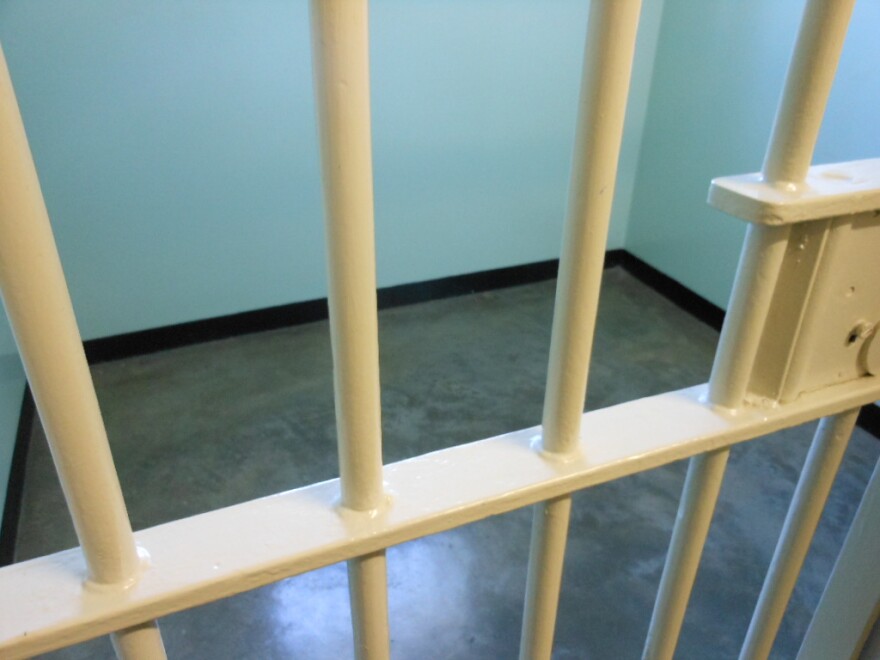The North Carolina Department of Public Safety has implemented a new disciplinary policy that limits the time an inmate can spend in solitary confinement.
The changes went into effect last week. Inmates who commit the most serious offenses, like assaulting a correctional officer, will now get 30 days of solitary confinement.
The new policy is based on research that shows solitary confinement can cause or exacerbate mental illness, according to State Prisons Director Kenneth Lassiter.
“If someone is already diagnosed with a serious mental illness and has a rule infraction, a mental health staffer has to be part of the review of the process to ensure that the inmate's mental health condition had nothing to do with the misconduct that he or she might have done,” Lassiter said.
The policy changes come after a recent investigation by the that showed a handful of inmates had been in restrictive housing for more than 10 years.
While some former correctional officers have said there should be stricter punishments, Lassiter said solitary confinement is not meant to be a punitive measure.
“The only purpose of restrictive housing is to maintain order in prison,” he said. “It is to take you from the regular prison setting and put you in a more controlled environment. Thirty days inside for this purpose or any type of infraction has been proven in other states to work.”









